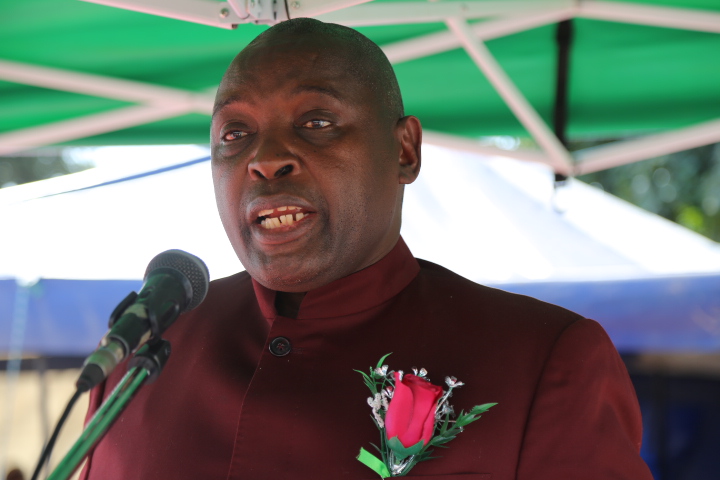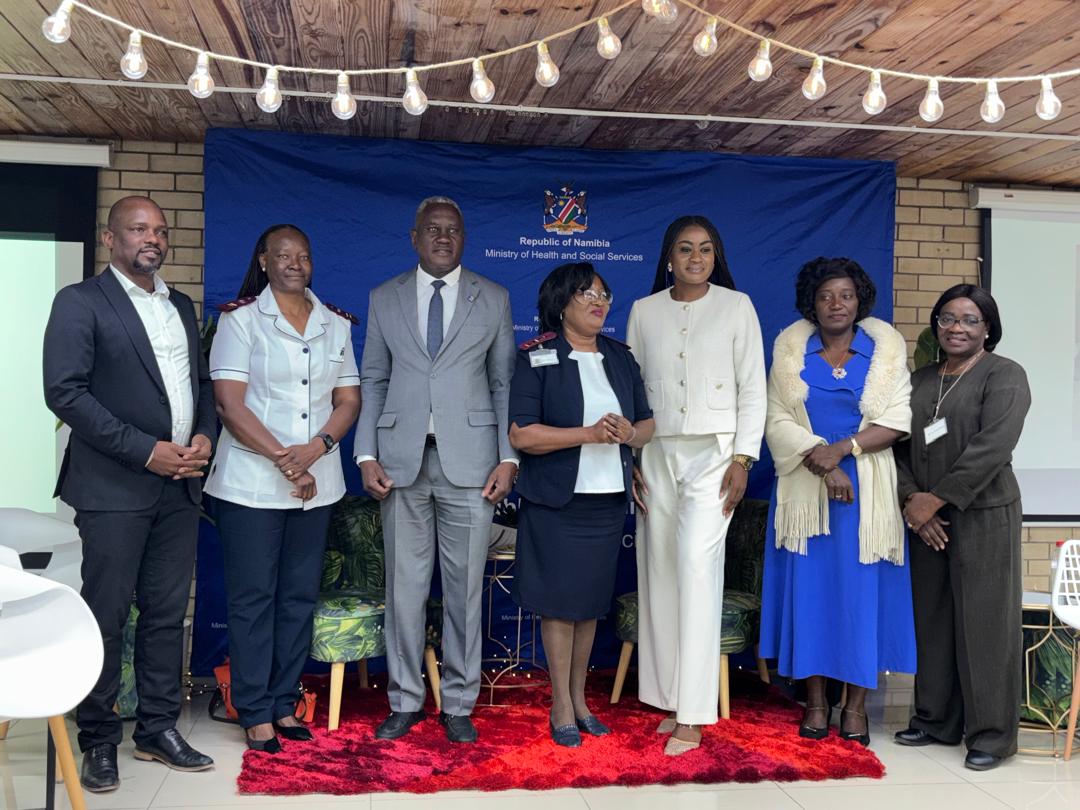BAGHDAD – Iraq’s prime minister yesterday gave gunmen in the southern oil port of Basra a three-day deadline to surrender their weapons and renounce violence as clashes between Shiite militia fighters and Iraqi security forces erupted for a second day.
The violence in Basra, the gravest challenge to the Iraqi government in months, has claimed at least 40 lives, officials said. Simultaneous clashes in Baghdad killed at least 15 people.Suspected Shiite extremists also unleashed rockets or mortars against the United States-protected Green Zone in central Baghdad for the third day this week.Three Americans were seriously injured in the attacks, US Embassy spokeswoman Mirembe Nantongo said.A mortar or rocket round that apparently fell short also struck a minibus in the mainly Shiite district of Karradah, killing at least two passengers and wounding seven others, according to police and hospital officials.Sadiq al-Rikabi, who is an adviser to Prime Minister Nouri al-Maliki, said gunmen who fail to turn over their weapons to police stations in Basra by tomorrow will be targeted for arrest.He added that they also must sign a pledge renouncing violence.”Any gunman who does not do that within these three days will be an outlaw,” he said.The prime minister is in Basra to supervise a crackdown against the spiralling violence between militia factions vying for control of Iraq’s second-largest city.Followers of radical Shiite cleric Muqtada al-Sadr also have been fighting US and Iraqi forces in Baghdad and other cities in reaction to the Basra crackdown.Along with the 40 killed in Basra and 15 killed in Baghdad’s main Shiite district of Sadr City, some 300 people also were wounded, 200 of those in Basra, said police and hospital officials, who spoke on condition of anonymity because they weren’t authorised to release the information.The violence has raised fears that the cease-fire declared in August by al-Sadr could unravel.A resumption of intense fighting by his Mahdi Army militia could kill more US soldiers and threaten – at least in the short run – the security gains Washington has hailed as a sign that Iraq is on the road to recovery.The burgeoning crisis – part of an intense power struggle among Shiite political factions – has major implications for the United States.It also will test the skill and resolve of Iraq’s Shiite-led government in dealing with Shiite militias, with whom the national leadership had maintained close ties.Nampa-APSimultaneous clashes in Baghdad killed at least 15 people.Suspected Shiite extremists also unleashed rockets or mortars against the United States-protected Green Zone in central Baghdad for the third day this week.Three Americans were seriously injured in the attacks, US Embassy spokeswoman Mirembe Nantongo said.A mortar or rocket round that apparently fell short also struck a minibus in the mainly Shiite district of Karradah, killing at least two passengers and wounding seven others, according to police and hospital officials.Sadiq al-Rikabi, who is an adviser to Prime Minister Nouri al-Maliki, said gunmen who fail to turn over their weapons to police stations in Basra by tomorrow will be targeted for arrest.He added that they also must sign a pledge renouncing violence.”Any gunman who does not do that within these three days will be an outlaw,” he said.The prime minister is in Basra to supervise a crackdown against the spiralling violence between militia factions vying for control of Iraq’s second-largest city.Followers of radical Shiite cleric Muqtada al-Sadr also have been fighting US and Iraqi forces in Baghdad and other cities in reaction to the Basra crackdown.Along with the 40 killed in Basra and 15 killed in Baghdad’s main Shiite district of Sadr City, some 300 people also were wounded, 200 of those in Basra, said police and hospital officials, who spoke on condition of anonymity because they weren’t authorised to release the information.The violence has raised fears that the cease-fire declared in August by al-Sadr could unravel.A resumption of intense fighting by his Mahdi Army militia could kill more US soldiers and threaten – at least in the short run – the security gains Washington has hailed as a sign that Iraq is on the road to recovery.The burgeoning crisis – part of an intense power struggle among Shiite political factions – has major implications for the United States.It also will test the skill and resolve of Iraq’s Shiite-led government in dealing with Shiite militias, with whom the national leadership had maintained close ties.Nampa-AP
Stay informed with The Namibian – your source for credible journalism. Get in-depth reporting and opinions for
only N$85 a month. Invest in journalism, invest in democracy –
Subscribe Now!










